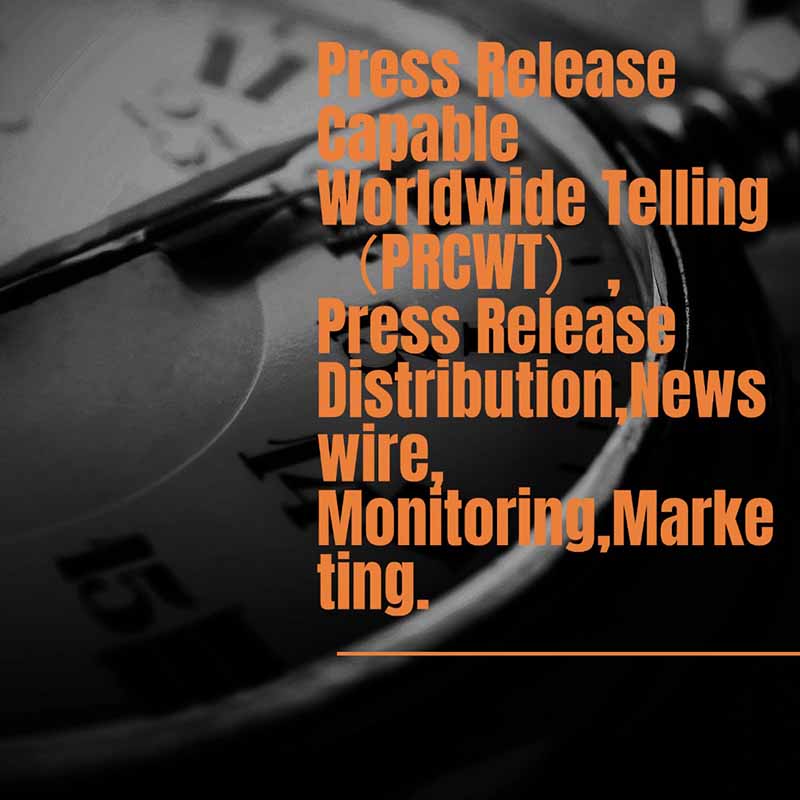In today's digital landscape, content marketing has emerged as a crucial strategy for businesses to connect with their target audiences and drive growth. With the increasing popularity of social media, search engines, and other digital platforms, content has become the currency of the online world. This article explores the significance of content marketing, its various forms, and how it can be leveraged to achieve business goals.
Content marketing involves creating and distributing valuable, relevant, and consistent content to attract and engage a specific audience. It goes beyond traditional advertising and aims to build trust, establish brand authority, and create meaningful connections with customers. By providing useful information, insights, and solutions, businesses can position themselves as thought leaders in their industries and gain a competitive edge.
One of the key benefits of content marketing is its ability to drive traffic to a website or landing page. Through search engine optimization (SEO), well-optimized content can rank higher in search results, increasing the visibility of a business. Additionally, social media platforms provide opportunities for content to be shared and spread, reaching a wider audience. By creating engaging and shareable content, businesses can increase their brand awareness and drive traffic to their websites.
Another advantage of content marketing is its long-term impact. Unlike traditional advertising, which often has a short-term effect, content marketing builds a relationship with customers over time. By consistently providing valuable content, businesses can establish themselves as trusted sources of information and build a loyal customer base. This loyalty can lead to repeat purchases, referrals, and increased customer lifetime value.

There are several forms of content marketing, including blog posts, videos, infographics, e-books, and podcasts. Each form has its own unique benefits and can be used to reach different audiences and goals. For example, blog posts can be used to provide in-depth information and answer frequently asked questions, while videos can be used to demonstrate products or services in action. Infographics and e-books can be used to present complex information in a visually appealing and easy-to-understand format, and podcasts can be used to engage with audiences on the go.
To be successful in content marketing, it is essential to have a clear understanding of your target audience. By conducting market research and analyzing customer data, businesses can gain insights into their customers' needs, interests, and pain points. This information can then be used to create content that is tailored to their specific needs and interests, increasing the likelihood of engagement and conversion.
In addition to understanding your target audience, it is also important to have a content strategy in place. A content strategy outlines the goals, themes, and channels for your content marketing efforts. It helps to ensure that your content is aligned with your business goals and that you are creating content that is relevant and valuable to your audience. A well-executed content strategy can also help to improve the efficiency and effectiveness of your content marketing efforts.
Finally, it is essential to measure and analyze the results of your content marketing efforts. By using analytics tools, businesses can track key metrics such as website traffic, engagement rates, and conversion rates. This information can then be used to optimize your content and improve your marketing strategies over time. Measuring and analyzing the results of your content marketing efforts can also help to demonstrate the value of your marketing efforts to stakeholders and justify your investment.
In conclusion, content marketing is a powerful strategy for businesses in the digital age. By creating and distributing valuable, relevant, and consistent content, businesses can attract and engage their target audiences, drive traffic to their websites, and build brand authority. With the right content strategy and execution, businesses can achieve their marketing goals and drive growth in a highly competitive digital landscape.